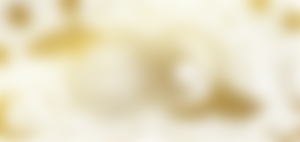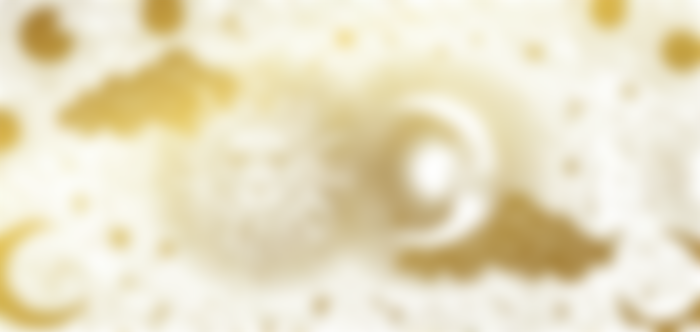Will there be a third lockdown? Is it a matter of days, or can it still be avoided? Can we imagine coming to terms with the virus, or will this pandemic never end? In family as around the coffee machine, the forecasts are rife, fueled by the speeches of specialists, recognized and self-proclaimed. The truth is that uncertainty holds us - and that it is better to "cure" oneself of the temptation to bet on the future, as Émile-Auguste Chartier explains , saysAlain.

In his Words , the French philosopher (1868-1951) who was the master of a whole generation, from Simone Weil to Raymond Aron, thus confides, on April 14, 1908, to " only foresee in front of his feet" ... because the predictions are sources of misfortune. Inspired by Stoic thought , Alain recalls the lesson of the École du Portique : neither overwhelm yourself with the past which is no more, nor fear the future which is still nothing. And to invite "to be cured also of prudence",that is to say, to stop delaying action by anticipating what is ignored, to make the present truly possible. A very classic wisdom ... but nevertheless current.
“There are all kinds of things happening in this world; hence meetings which will shake the firmest judgment. You laugh at a grim and implausible prediction; you will laugh less if this prediction is partially fulfilled; the bravest of men will then wait for the rest; and our fears, as we know, make us suffer no less than the catastrophes themselves. It can also happen that two prophets, without knowing each other, announce the same thing to you. If this agreement doesn't trouble you more than your intelligence will allow, I admire you.
For my part, I prefer not to think about the future, and only plan in front of my feet. Not only will I not go and show the mage the inside of my hand, but, even more, I will not try to read the future in the nature of things; because I do not believe that our gaze goes very far, however learned we may be. I have noticed that everything that matters to anyone is unforeseen and unpredictable. When one is cured of curiosity, it also remains to be cured of prudence. "
